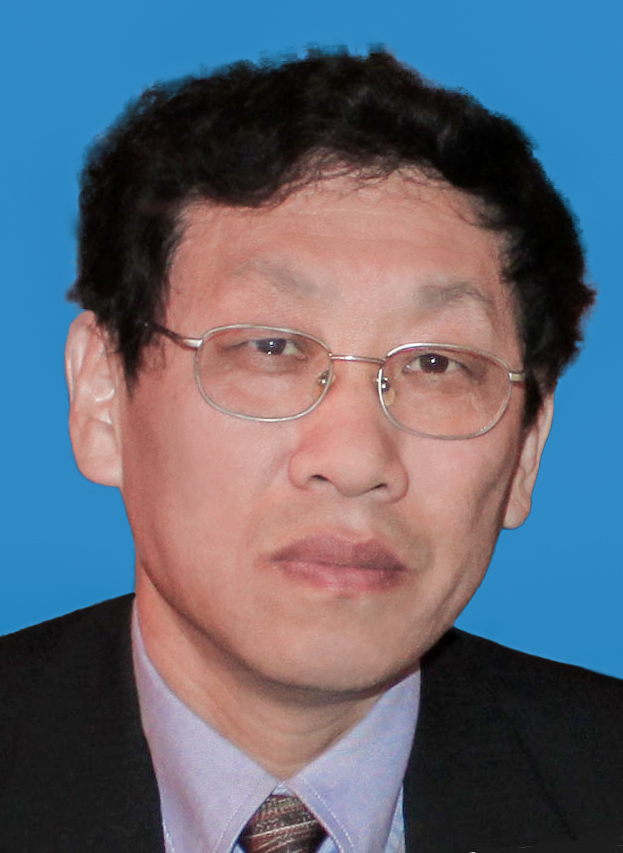Guo Dong Zhou, PhD

Research Assistant Professor
Contact
Center for Translational Cancer Research
2121 W. Holcombe Blvd.
Houston,
TX
77030
gzhou@tamu.edu
Phone: 713.677.7433
Biography
Research Interests
My research focuses on studying the mechanistic role of cytochrome P450 (CYP)1 enzymes in the prevention of polycyclic aromatic hydrocarbon (PAH)-mediated pulmonary carcinogenesis by omega 3 fatty acids. The CYPs are the major enzymes involved in drug metabolism and bioactivation. It is well known that several CYP enzymes metabolize omega-3 fatty acids to their epoxy metabolites that inhibit angiogenesis, tumor growth, and metastasis. Numerous polycyclic aromatic hydrocarbons (PAH) are human carcinogens. PAH-DNA adducts may lead to DNA damage and mutations in critical genes, eventually leading to cancer. A significant positive linear regression between levels of PAH-DNA adducts and tumor incidence was observed in animal experiments in our laboratory. We also discovered that omega-3 fatty acids eicosapentaenoic acid (EPA), docosahexaenoic acid (DHA) inhibited CYP1B1, EZH2, DNMT3a, miR 17, miR19b-1 and significantly decreased pulmonary and hepatic PAH-DNA adducts, and tumor incidence. The central hypothesis of proposed research is that omega 3-fatty acids, EPA and/or DHA and/or their epoxy metabolites attenuate pulmonary carcinogenesis by mechanisms entailing inhibition of PAH-DNA adduct formation, as well as suppression of tumorigenesis, probably via repression of DNA methyltransferase (DNMT1/3a) and EZH2, which in turn leads to increased expression of the tumor suppressor gene, RUNX3. We are also exploring the hypothesis that endogenous omega-3 fatty acids, especially the lower ratios of omega-6/omega-3 will play important roles in EPA/DHA-mediated prevention of PAH-induced cancers. In summary, the proposed studies should lead to novel mechanisms in dietary interventions against human lung cancers.
